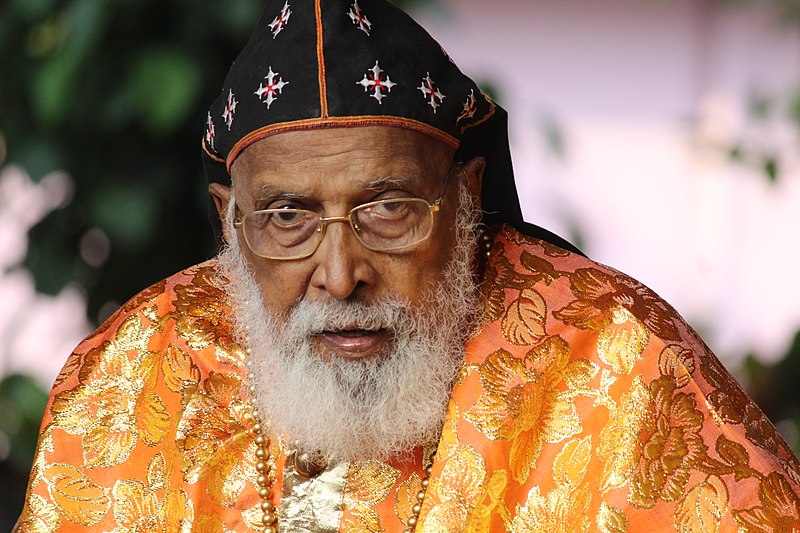
Mar Chrysostom, the high priest of humour and kindness, dead
The former head of the Malankara Mar Thoma Syrian Church and the longest-serving bishop in India Dr. Philipose Mar Chrysostom died due to age-related ailments on Wednesday, a church spokesman said. He was 103

Thiruvalla: The former head of the Malankara Mar Thoma Syrian Church and the longest-serving bishop in India, Dr. Philipose Mar Chrysostom, died due to age-related ailments on Wednesday, a church spokesman said. He was 103.
Mar Chrysostom was discharged from a hospital in Thiruvalla, near Kottayam, on Tuesday. He breathed his last at a private hospital in Kumbanad near here around 1.15 am, the spokesman said.
An outstanding religious dignitary with a genuine humanitarian outlook and global vision, Mar Chrysostom was awarded Padma Bhushan by President Ram Nath Kovind in 2018.
He is credited with implementing and formulating many projects to improve the social, economic and cultural condition of the poor and deprived.
Born on April 27, 1918 in Karthikappally, he had inherited the missionary zeal from his father. After obtaining graduation from Union Christian (UC) College, Alwaye, he was attracted to missionary work and ordained as Deacon of the Church in 1944. Nine years later, in 1953, he was consecrated as Bishop.
Mar Chrysostom became the Metropolitan of the Malankara Mar Thoma Syrian Church in 1999. He was a bishop for 68 years. Known for his pleasant attitude, the bishop was unparalleled with his touching style of speech full of humorous statements. Many books and documentaries have been published containing his humorous speeches and talks. The Bishop had friends and admirers from all sections of society – from high-flying actors and political leaders to the common man. His admirers included Prime Minister Narendra Modi, Kerala Chief Minister Pinarayi Vijayan, CPI(M) leader V.S. Achuthanandan, actor Mohanlal, and scores of others.
He was unconventional with his statements and views on ‘essential humanism.’ To state a case in point, he firmly believed and widely propagated in his speeches that there were ‘no thieves’ or ‘stealers.’ He argued that it was society that instilled in the so-called ‘culprits the need to steal.
His loss means that the church, the faithful, and the people will lose a spiritual beacon whose canonical bearings never came in the way of lending a helping hand to those in need; in the true Christian way.
(With inputs from Agencies)

